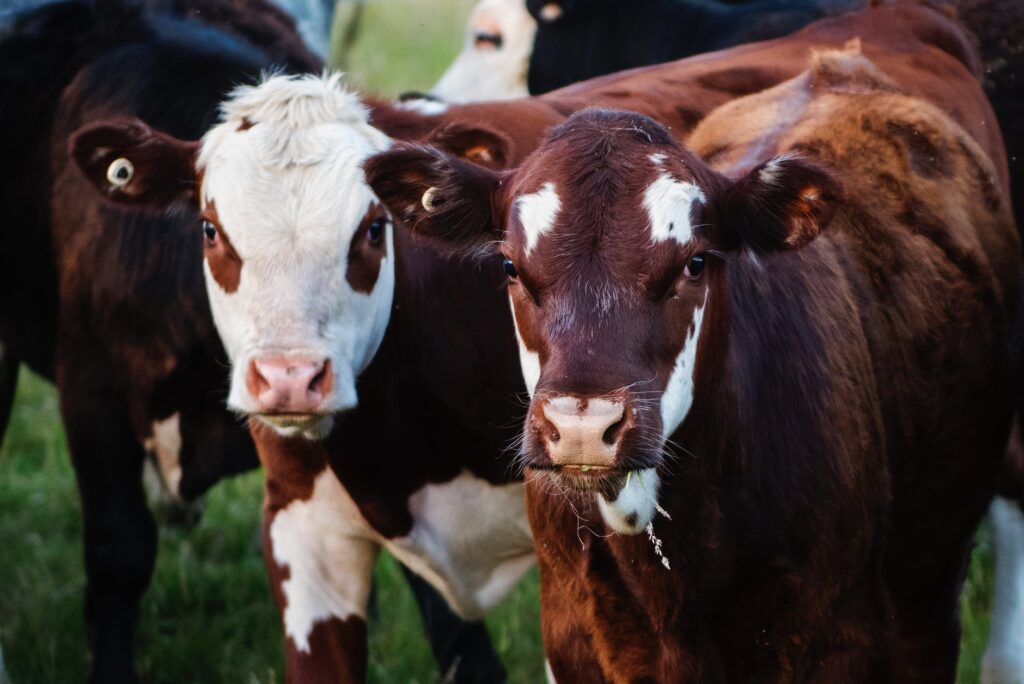
Scientists have conducted a study on the potential environmental impact of large-scale cultivated meat production in 2030. Cultivated meat production is an emerging technology that produces meat without the need for animal slaughter. The study used an ex-ante life cycle assessment method to evaluate the environmental impacts of cultivated meat production. The researchers examined greenhouse gas emissions, water consumption, land use, air and water pollution, as well as energy consumption related to cultivated meat production.
The study found that cultivated meat production could have a considerably lower environmental impact than traditional meat production. The production of cultivated meat does not require the use of farmland, water, and food for animals, nor does it result in emissions of greenhouse gases related to animal farming. However, the researchers noted that cultivated meat production still requires energy to operate production facilities and to produce the nutrients needed for muscle cell culture. They suggested the use of renewable energy sources and sustainable nutrients to reduce the environmental impact of cultivated meat production even further.
Cultivated meat has the potential to reduce the pressure on natural resources such as water and land, while also reducing greenhouse gas emissions. However, additional research is needed to make it a sustainable and cost-effective alternative to traditional meat production. The study provides insight into the potential of this emerging technology and highlights areas where further research and development are needed.
Sources: “Ex-ante life cycle assessment of commercial-scale cultivated meat production in 2030“

Pingback: The rising tide of cultivated meat: A consumer revolution – FUDZS